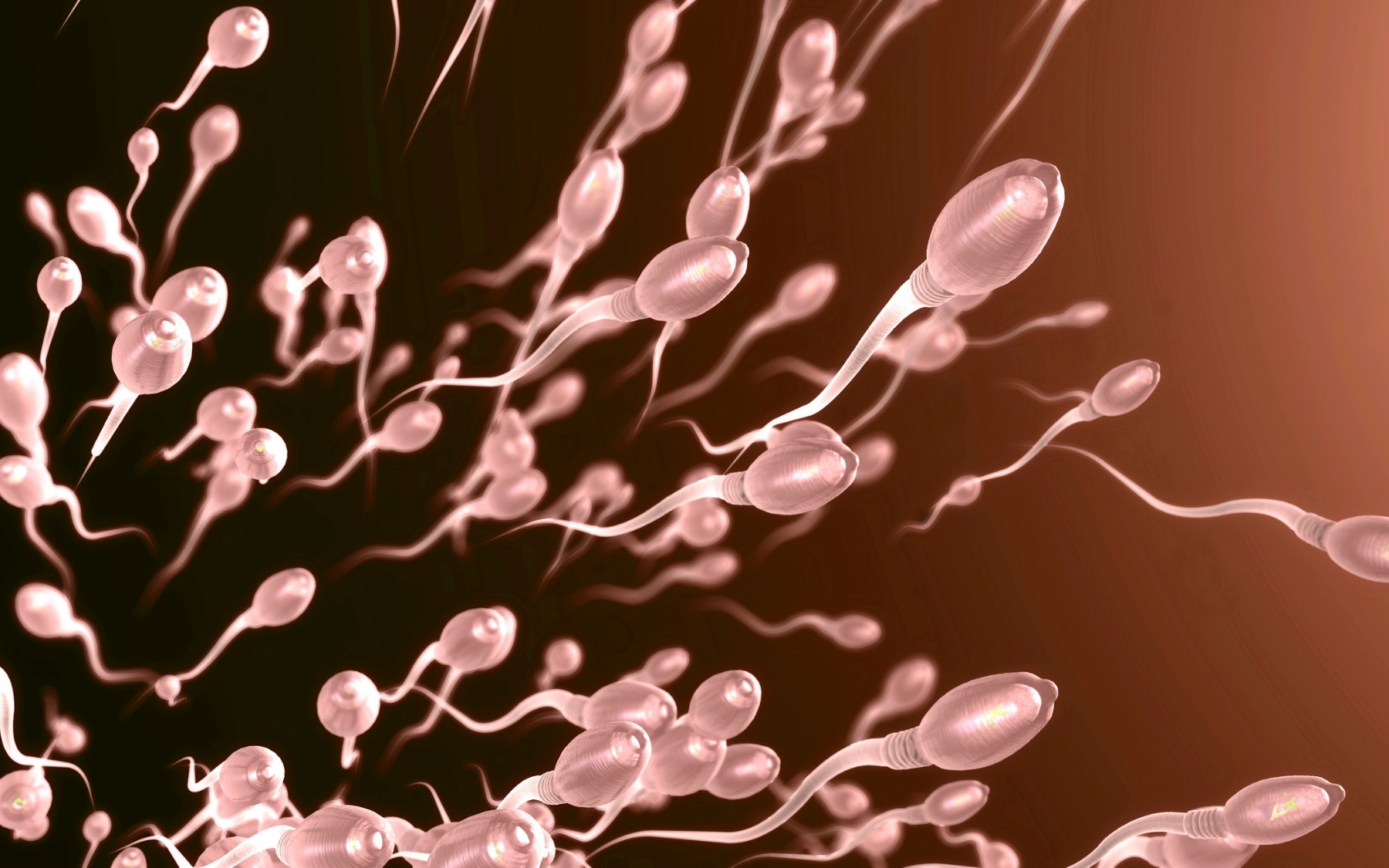Oligospermia means that the sperm count low when a man ejaculates, causing problems with fertility.
A normal sperm count is considered 15 million or above sperm cells per millilitre of semen. If it is found that a man has below this it is considered low and therefore will be diagnosed with oligospermia.
Within the oligospermia diagnosis, there are different categories. This includes:
- Mild oligospermia – 10 -15 million sperm per millilitre
- Moderate oligospermia – 5-10 million sperm per millilitre
- Severe oligospermia – 0-5 million sperm per millilitre
It is thought that around 1 in 3 couples that struggle with fertility will have a diagnosis of oligospermia. However, it may be more common than we think, as not all men will be diagnosed with the condition.
There are several different factors that may cause a man to have oligospermia. Some of the most common causes include:
- Varicocele – an enlarged vein in the testicle, which affects the blood flow
- Infection – some sexually transmitted diseases can affect the level of sperm that is found in the semen
- Ejaculatory issues – these can be brought on by injuries, illness or trauma
- Medication – some medications may lead to a reduce sperm count
- Hormone imbalance – if a man’s hormones are imbalanced, it may result in a problem with the production of sperm
- Weight problems – there is a link between being overweight or obese and having a low level of sperm in your body
What are the treatment options available for people with oligospermia?
- Surgery – if the oligospermia is linked to a varicocele this will need to be treated with surgery or embolisation
- Medication – if an infection is found, antibiotics can help to alleviate the problem. If the issue is linked to a hormone imbalance special levels of hormones can be prescribed to balance it out
- Lifestyle changes – a mentioned before obesity can have a huge effect on fertility, losing any excess weight will help to increase your chances
- Specialist help – male and female fertility specialists can work together to ensure that the best result for you and your partner is reached
This article is intended to inform and give insight but not treat, diagnose or replace the advice of a doctor. Always seek medical advice with any questions regarding a medical condition.


0 Comments